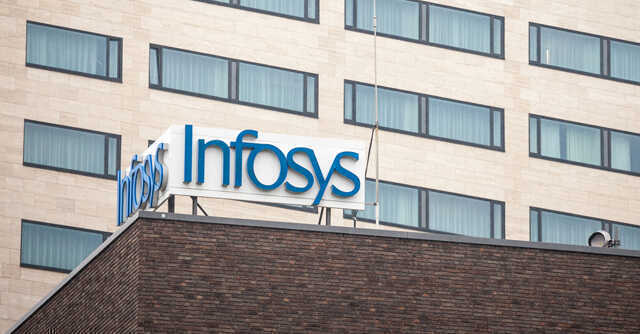
Indian IT companies continue to expand in Europe amid uncertainties


While most Indian IT companies have moved their limited operations out of Russia in response to its invasion of Ukraine, they continue to expand in other Eastern European countries despite uncertainties and analysts warning of slowdown in business momentum.
For Indian IT companies, Eastern European countries such as Poland, Romania, and Hungary are attractive hubs to set up nearshore delivery centres due to the availability of quality talent in similar time zones. Poland is home to about 300,000 IT professionals who have a strong command in foreign languages. A.T. Kearney recognizes Poland as one of the most prominent outsourcing destinations for its financial attractiveness and favorable business environment.
“Today we have no centre in Ukraine but the other areas we have been expanding in and that has developed quite well…our centres which are in other geographies in Eastern Europe, we are seeing good growth…Poland and Romania are the locations where we have centres and we are actively recruiting and scaling up in those locations,” Salil Parekh, CEO and MD, Infosys said during the Q4 analyst call.

Wipro chief executive Thierry Delaporte also said during the earnings that while they do not have any operations either in Russia or Ukraine, they continue to hire and expand in Romania and Poland as part of their normal business operations.
Nitish Mittal, partner, Europe technology practice, Everest Group, concurs with the views. “I expect them to expand talent efforts in India, Asia Pacific, Latin America, UK & Ireland, and Continental Europe, through a mix of delivery centre expansion and M&As.”
Tata Consultancy Services Ltd (TCS) believes clients continue to spend on technology as long as they have the confidence that the service providers are able to deliver. “Customers are asking us whether we could actually execute it (projects) from our Eastern European development centres,” Rajesh Gopinathan, CEO and MD, TCS said during the analyst call.

Analysts however warn that although the war may not have a direct impact on Indian IT companies, it would result in shrinking IT budgets and slowdown in decision making.
“Rising inflation compounded with talent shortage has led to chief information officers (CIOs) rethinking their IT budgets which have slowed down the decision-making process, especially in Europe where IT spending has currently paused. Higher inflation will lead to postponement of discretionary spends, and focus on cost optimisation will increase,” analysts at ICICI Securities said.
“Such events always slow down decision making and that is already being felt in many deals that are currently being negotiated or under technical consideration…the impact of this will be seen in the results of the coming quarters,” said Sanchit Vir Gogia, CEO and chief analyst, Greyhound Research.

